

Cancer is a complex group of diseases characterized by abnormal cell growth, which can invade surrounding tissues and spread to other parts of the body. In plain terms, understanding cancer means exploring how it develops, how it affects people’s lives, and the wide-ranging factors involved in its diagnosis and treatment. A complete guide to cancer unpacks not only the science behind the disease but also the practical realities that patients, families, and medical professionals face when dealing with it.
An authoritative guide on cancer covers everything from the underlying genetic mutations to the ways in which environmental factors can contribute to its onset. It delves into the different types of cancer—such as breast, lung, and prostate cancers—as well as the various stages and how each is treated. Importantly, a comprehensive resource provides insights into prevention, detection, and advances in both traditional and targeted therapies, while also considering emotional and social impacts.
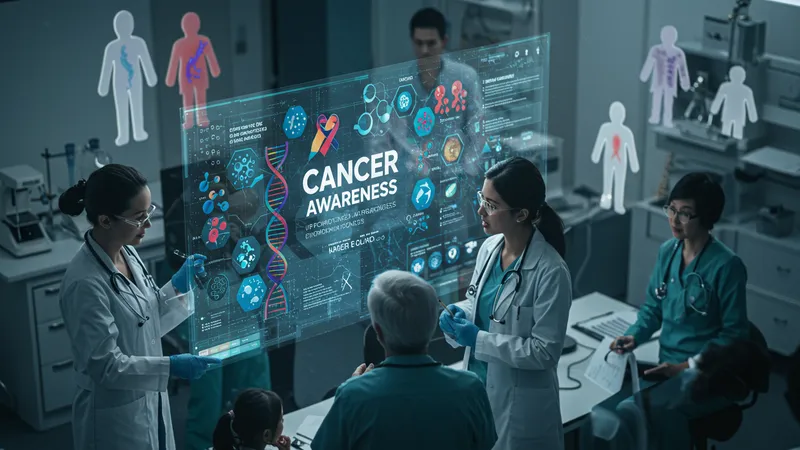
The scale of cancer in the United Kingdom is significant, with nearly 1 in 2 people born after 1960 expected to be diagnosed in their lifetime. Early detection programs, such as those run by the NHS, play a transformative role in improving survival rates. In 2023, about 375,000 new cancer cases were recorded in the UK, showing how vital public awareness and support systems remain.
Resources like Cancer Research UK and Macmillan Cancer Support don’t just drive research; they also empower patients and their families with practical advice, helplines, and emotional support. Both organizations maintain a wealth of up-to-date educational materials online, making critical information accessible to anyone affected by cancer. They also coordinate nationwide campaigns to reduce stigma and improve outcomes.
The NHS Cancer Services provide universal access to cancer screening, which has increased early-stage diagnosis of cancers such as breast and cervical. The NHS pathway is continually being improved, including patient navigation support and streamlined referrals, which can be essential for those facing complex diagnoses. Treatment options range widely and include chemotherapy, radiotherapy, surgeries, and the latest targeted medicines.
Beyond medical care, complete cancer support in the UK addresses emotional well-being, helping individuals manage anxiety and stress through counseling and peer groups. These non-clinical services ensure people affected by cancer don’t face challenges alone and can access guidance on legal rights, employment, and finances.
This overview barely scratches the surface; in the next section, we’ll uncover the fundamental types of cancer, how they are diagnosed, and what current data reveals about their prevalence in the United Kingdom. The deeper details reveal even more valuable insights ahead…
Understanding which types of cancer are most common in the United Kingdom provides essential context for prevention, diagnosis, and support strategies. The four most frequently diagnosed cancers are breast, lung, prostate, and colorectal, which together account for over half of all new cases. Knowing this allows individuals and healthcare systems to target educational campaigns and screening resources where they are most needed, improving early intervention and outcomes.
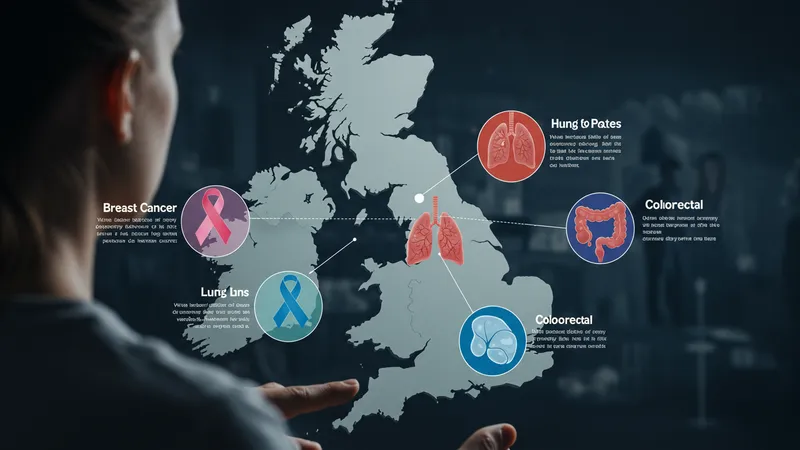
Breast cancer is the most prevalent cancer among women in the UK, with more than 55,000 new diagnoses each year. Significant investment from organizations such as Cancer Research UK and robust NHS screening programs have led to much higher early detection rates, contributing to improved survival. Lung cancer, meanwhile, remains the leading cause of cancer-related deaths, often diagnosed at a later stage, making screening and public awareness campaigns all the more critical.
Prostate cancer primarily affects older men, and its incidence has increased with improved diagnostic methods and a growing population of aging men. Macmillan Cancer Support has been especially active in providing information, resources, and advice specific to men facing prostate cancer, including mental health guidance and peer counseling. Colorectal cancer screening, offered nationwide by the NHS, has helped reduce mortality by detecting cases earlier, often before symptoms present.
Across the UK, the distribution of cancer types can vary based on regional differences in health behaviors, environmental factors, and access to healthcare services. Data shows that lung cancer rates are higher in areas with a history of heavy industry and tobacco use, whereas breast cancer rates are relatively elevated in urban centers. These patterns influence how charities and NHS trusts allocate support services, ensuring interventions are tailored and effective.
The process of diagnosing cancer in the UK relies on a combination of advanced medical imaging, laboratory tests, and tissue biopsies. NHS Cancer Services offer standardized pathways to speed up referrals from general practitioners to specialist cancer centers, making early diagnosis more achievable. Imaging technologies such as MRI and CT scans are widely used, alongside mammograms for breast cancer and colonoscopies for bowel cancer. This multilayered approach is designed to catch cases at the earliest possible stage.
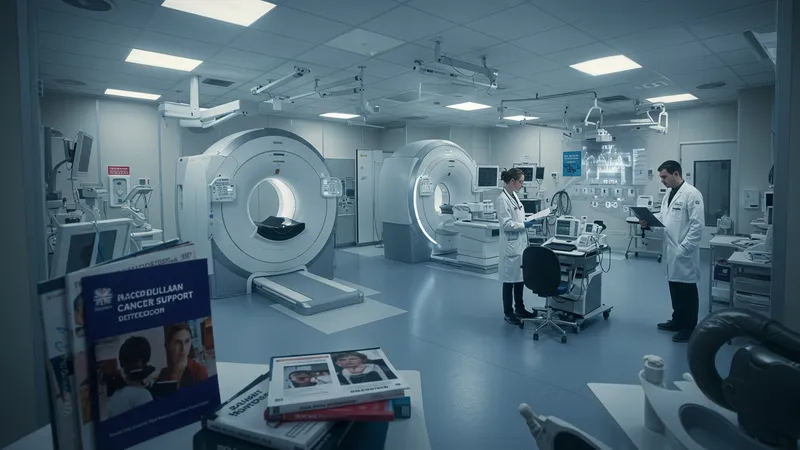
Patient access to diagnostic tests is supported by both NHS and nonprofit organizations. Cancer Research UK has invested in pilot projects to introduce more precise molecular diagnostic tools that can identify genetic mutations, offering patients greater understanding of their specific cancer type and guiding treatment decisions. Macmillan Cancer Support assists patients through the diagnostic journey by providing clear, patient-friendly information about each step, reducing confusion and anxiety.
The integration of digital health records and AI-driven tools is also shaping early detection practices. The UK Government and NHS England have rolled out initiatives to use artificial intelligence in analyzing imaging data, potentially spotting abnormalities faster than traditional methods. This innovation is expected to further reduce the average time between initial symptom presentation and confirmed diagnosis, a critical factor in boosting survival rates.
For certain cancers, such as cervical and colorectal, population-wide screening programs have resulted in measurable decreases in deaths over the last two decades. Screening reminders via postal mail and digital booking options have increased participation, particularly in underserved areas. Ongoing trials for blood-based screening tests aim to simplify the detection process, potentially identifying cancers even before symptoms manifest.
Treatment options for cancer in the United Kingdom range from surgery and radiotherapy to chemotherapy and cutting-edge targeted therapies. NHS Cancer Services offer multidisciplinary care, assembling teams of oncologists, surgeons, specialist nurses, and allied health professionals for each patient’s treatment plan. The integration of research from Cancer Research UK into standard protocols has brought several new medicines to NHS patients, speeding up access to the latest options.
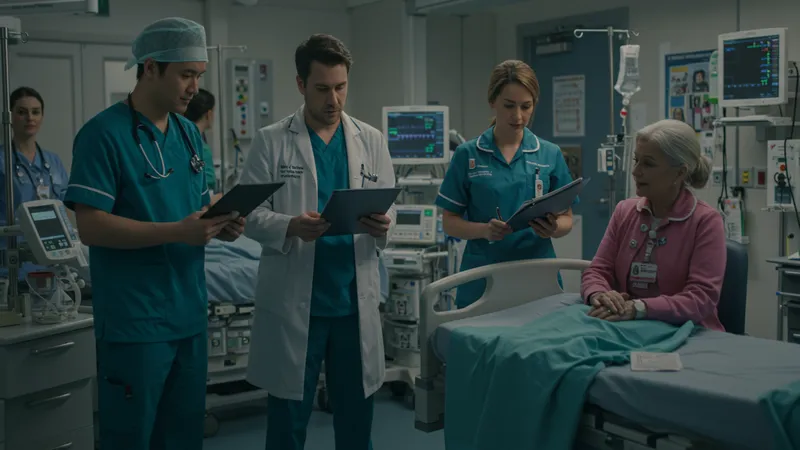
Macmillan Cancer Support plays a crucial role in helping patients navigate their treatment, offering helplines and in-person advice at major NHS hospitals. Patients frequently benefit from practical guidance on managing side effects, balancing daily life with treatment, and making informed choices about their care. These resources bridge the gap between clinical care and patients’ day-to-day challenges, ensuring nobody is left without support.
Targeted therapies and personalized medicine are areas of rapid growth, with some forms of leukemia, breast, and lung cancers now treated based on genetic testing. The NHS has set up several Genomic Medicine Centres, making these advanced treatments more accessible. Cancer Research UK’s ongoing trials help to refine these therapies and expand their availability to broader populations.
Cancer support extends beyond direct medical care—NHS and charities coordinate mental health counseling, peer-to-peer support groups, and financial advice for those impacted by the disease. Macmillan’s online and telephone support services are used by thousands of people each year, reflecting the broad spectrum of needs British cancer patients may have from diagnosis through survivorship.
Survivorship care has become a prominent focus in the UK, with more than 3 million people now living with or beyond cancer. NHS Cancer Services work in partnership with charities to deliver rehabilitation, physiotherapy, and regular follow-up appointments. This aftercare helps survivors manage long-term side effects and adjust back to daily routines, reflecting a growing recognition that living with cancer requires holistic, ongoing support.
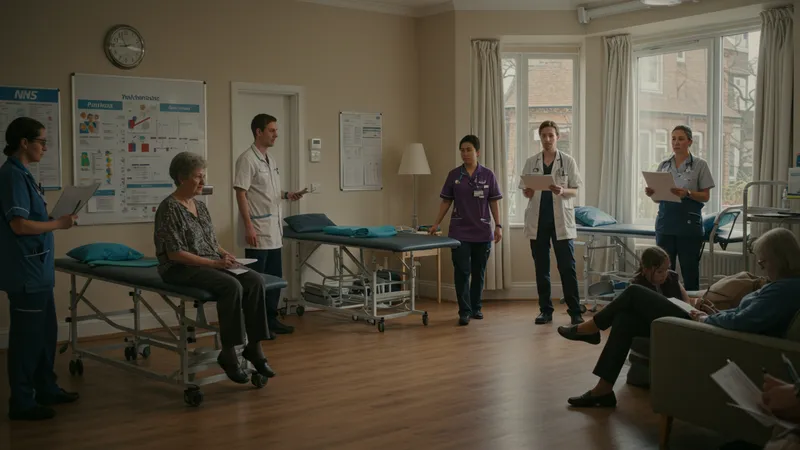
Recent research funded by Cancer Research UK has led to initiatives such as personalized follow-up plans, which account for both physical and emotional needs. Many NHS trusts offer “Recovery Package” programs, which include care reviews, treatment summaries, and health and wellbeing workshops, creating smoother transitions from hospital to home. These programs illustrate how comprehensive support has become central to the UK’s approach.
Macmillan Cancer Support has invested heavily in resources for survivorship, including digital tools that connect survivors, offer practical advice, and signpost local support groups. Their involvement ensures access to peer voices, which can aid in adjusting to life post-treatment. These initiatives are especially valuable for addressing common concerns such as managing fatigue, employment rights, and relationship changes.
Looking ahead, advances such as immunotherapy, AI-assisted care models, and large-scale genomic studies will continue to reshape the landscape of cancer care in the UK. Ongoing collaboration between the NHS, research institutions, and support charities promises to expand the options and improve the quality of life for individuals affected by cancer for years to come.